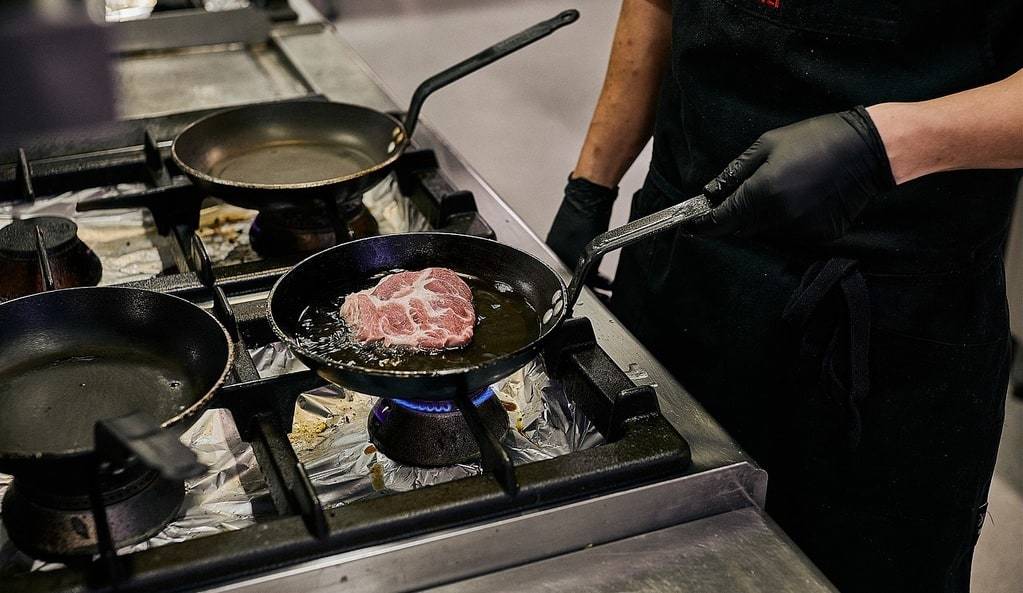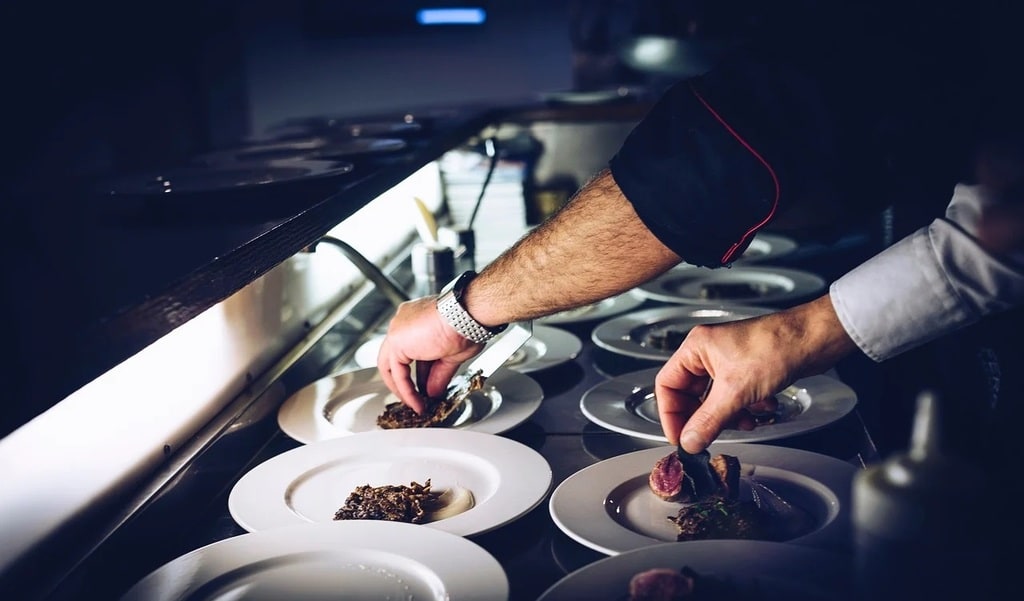Navigating the world of culinary arts can be a delightful yet daunting journey, whether you’re a novice eager to master the basics or an experienced cook looking to refine your skills. Fortunately, there is a plethora of educational resources available, tailored to meet the needs of culinary enthusiasts at all skill levels.
Comprehensive Resources for Culinary Education
Diving into culinary education requires access to quality resources that can guide you through various cooking techniques, recipes, and the science behind food preparation. A broad spectrum of materials exists, ranging from beginner guides to advanced professional courses. These resources are designed to enhance your cooking prowess and ensure a thorough understanding of culinary fundamentals.
For beginners, starting with simple, straightforward resources is key. Books like “How to Cook Everything” by Mark Bittman provide step-by-step instructions on basic cooking methods and essential recipes. Online platforms such as YouTube host numerous channels, like Tasty and Jamie Oliver’s Food Tube, offering visual and interactive tutorials.
Beginner-Friendly Platforms
Beginners often need resources that break down complex techniques into manageable steps. Websites like Epicurious and BBC Good Food offer extensive recipe libraries and instructional videos that are perfect for those just starting. These platforms are designed to build confidence and foundational skills in the kitchen.
Additionally, local community centers and adult education programs frequently offer cooking classes. These hands-on experiences can be incredibly valuable, providing direct feedback and the opportunity to ask questions in real-time.

Intermediate Resources to Expand Your Skills
As you become more comfortable in the kitchen, intermediate resources can help you explore more sophisticated cooking techniques and cuisines. Websites like Serious Eats and Cook’s Illustrated delve into the science of cooking, offering detailed explanations and recipes that challenge and enhance your skills.
Intermediate learners might also consider enrolling in online courses. Platforms like Udemy and Coursera offer classes on various culinary topics, taught by professional chefs and culinary experts. These courses often include assignments and quizzes to test your understanding and progress.
Advanced Culinary Education for Aspiring Chefs
For those aiming to achieve professional-level expertise, advanced culinary education resources are indispensable. Prestigious culinary schools such as Le Cordon Bleu and the Culinary Institute of America offer comprehensive programs that cover every aspect of the culinary arts. These programs provide in-depth training in areas like pastry arts, international cuisines, and restaurant management.
Additionally, there are numerous advanced cookbooks authored by world-renowned chefs. Books like “The French Laundry Cookbook” by Thomas Keller and “Noma: time and Place in Nordic Cuisine” by René Redzepi offer insights into the techniques and philosophies of some of the world’s best culinary minds.
Utilizing Online Platforms and Communities
In the digital age, online platforms and communities play a vital role in culinary education. Websites like MasterClass feature courses from famous chefs like Gordon Ramsay and Alice Waters, allowing you to learn directly from culinary legends.
Social media platforms, including Instagram and TikTok, have become popular venues for chefs to share quick tips, recipes, and cooking challenges. Engaging with these communities can provide inspiration and practical advice from fellow cooking enthusiasts around the globe.
Here are some recommended online resources for various skill levels:
- YouTube Channels: tasty, Bon Appétit, Pro Home Cooks
- Recipe Websites: allRecipes, Serious Eats, Food52
- Online Courses: masterClass, Udemy, Coursera
- Cooking Blogs: smitten Kitchen, Minimalist Baker, The Kitchn
Specialized Culinary Resources
Specialized culinary resources cater to niche interests within the culinary world. For example, vegetarians and vegans can benefit from resources like “The Vegetarian Epicure” by Anna Thomas or “Thug Kitchen.” Baking enthusiasts might enjoy “Flour Water Salt Yeast” by Ken Forkish, which provides detailed guidance on bread-making techniques.
For those interested in food science, books like “On Food and Cooking” by Harold McGee offer deep dives into the chemistry and biology of food. Understanding the science behind cooking can elevate your culinary skills and open new avenues for creativity in the kitchen.
Practical Tips for Continuous Learning
Continuous learning and practice are key to mastering culinary arts. Regularly experimenting with new recipes, techniques, and ingredients can significantly enhance your cooking skills. Joining a cooking club or attending workshops can also provide valuable hands-on experience and opportunities for feedback from peers and instructors.
By utilizing a diverse array of culinary education resources, anyone can cultivate their cooking abilities, regardless of their starting point. Embracing these resources will not only improve your skills but also deepen your appreciation for the art and science of cooking. Whether you’re preparing a simple meal at home or crafting an elaborate gourmet dish, the right resources can guide you every step of the way.
